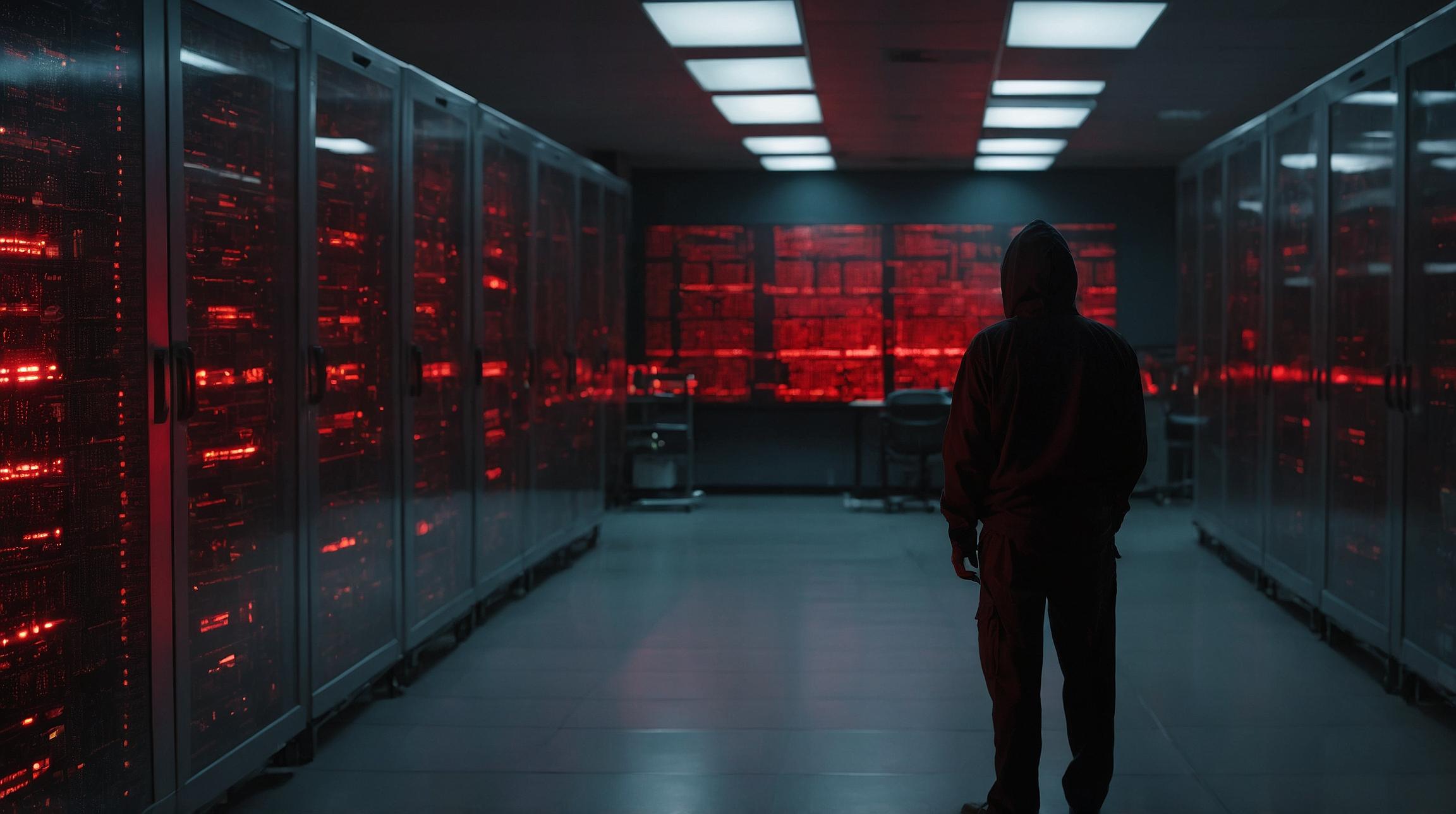Cyber-Attack on Healthcare System: An Overview
In recent developments, McLaren Health Care, a prominent network of hospitals and clinics, has been targeted by a cyber-attack. This incident occurred on August 6th, disrupting the company's information technology and phone systems. At this point, there is no confirmation on whether patient or employee data has been compromised.
Understanding Cybersecurity Risks in Healthcare
Cyber-attacks on healthcare facilities are not uncommon. In recent years, the healthcare sector has become a prime target due to the sensitive nature of the data it holds, such as personal patient information and medical records. A cyber-attack can lead to the disruption of services, increased financial costs, and potential exposure of sensitive data.
What is a Cyber-Attack?
A cyber-attack is an attempt by hackers to damage or disrupt a computer network or system. In the case of McLaren Health Care, the attack involved disrupting IT and phone operations. These attacks can range from simple phishing scams to more complex ransomware attacks, where hackers demand a ransom to release control of the systems.
Current Measures and Expert Involvement
McLaren Health Care is actively working with external cybersecurity experts to analyze the scope and impact of the attack. These experts are essential in identifying vulnerabilities in the system and helping to restore operations to normal. Additionally, they assist in determining if any data has been compromised and recommend measures to prevent future incidents.
Potential Implications for Patients and Employees
While McLaren has not confirmed whether any data has been compromised, the possibility raises concerns. In a healthcare setting, compromised data can include personal identification information, health records, and financial details. This data is highly sensitive and valuable, making it a lucrative target for cybercriminals.
Steps for Individuals to Protect Their Data
In light of this cyber-attack, patients and employees should be vigilant. It's crucial to regularly update passwords and use complex combinations. Be cautious of unsolicited emails or calls requesting personal information, as these could be phishing attempts.
Conclusion: A Call for Heightened Cybersecurity
The McLaren Health Care incident underscores the critical need for robust cybersecurity measures in the healthcare industry. Ensuring data integrity and protecting patient information must be a top priority to prevent similar incidents in the future. As the investigation continues, McLaren Health Care aims to address this breach effectively and reinforce its cybersecurity protocols.













